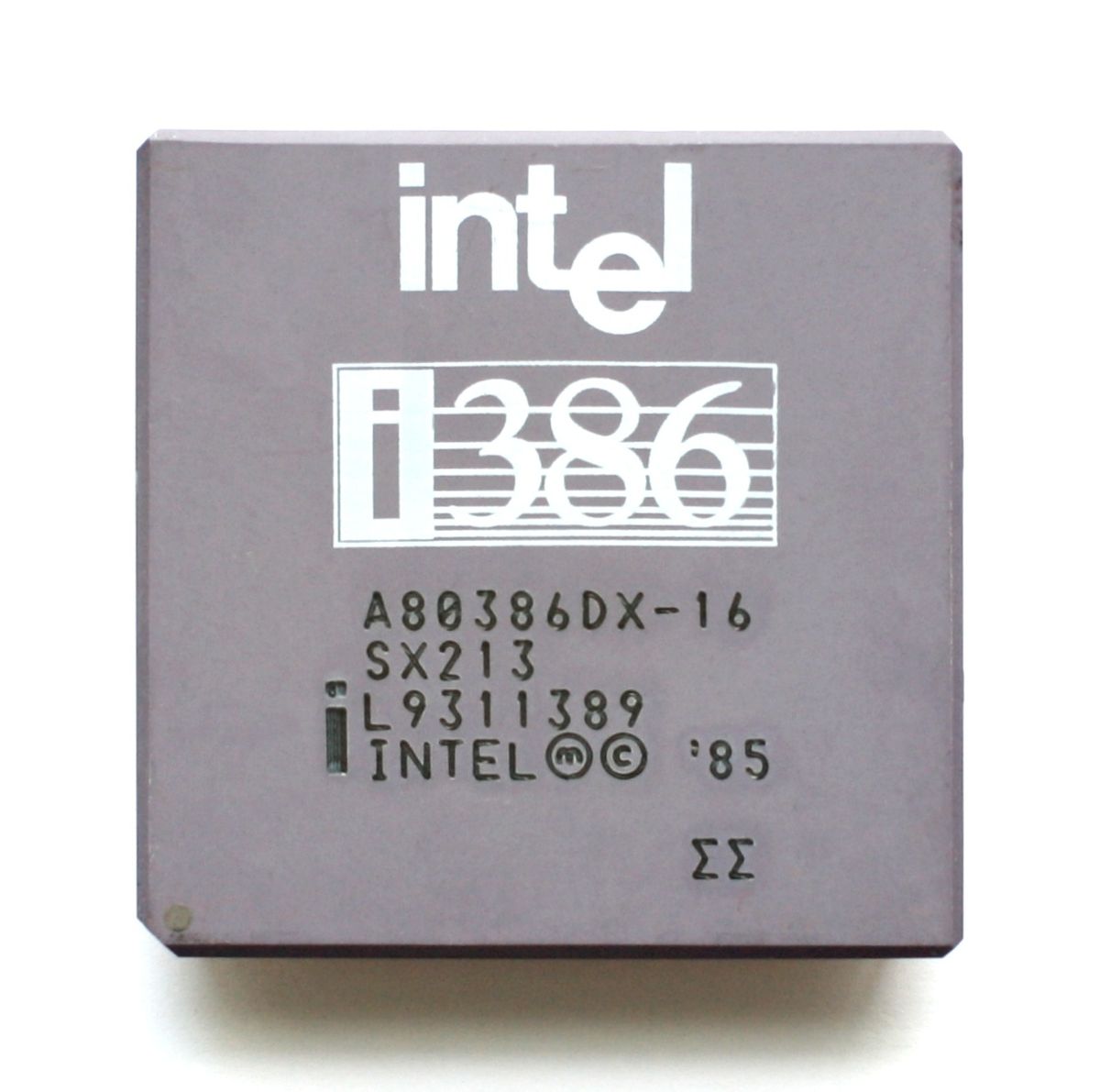I was actually confused about your response to grahamsz@kbin.social… it seems like they have at least a basic understanding of how registrars vs. DNS hosts work.
I’m a computer and open source enthusiast from Toronto, Ontario, Canada.
- 0 Posts
- 10 Comments
WHOIS privacy? Porkbun does that for free for all TLDs that support it.
I don’t think I fully understand how what they offer isn’t “ownership by proxy”. I suppose they promise not to release your info if police ask for it? On the other hand, they technically own the domains you register through them, so if they get repossessed (e.g. through legal bankruptcy proceedings), whoever their new owner is, will presumably also own your domains…
I’m probably not seeing something here, but this all sounds sketchy to me.
Cloudflare sells domains at cost. So yes, cheaper than any other registrar (including NameCheap and Porkbun), except maybe those who sell domains at a loss as a promo to rope you in and then kill you on the renewals.
Integration into their stack is a nice side effect, but really inconsequential. You can have your domains registered with any registrar and have your DNS hosted by any DNS hosting provider. Heck, you can run your own DNS servers if you want to.
Technically they won’t. They won’t host OpenNIC TLDs, for example. However, you can have your domain registered with any registrar, and as long as you specify Cloudflare’s assigned DNS servers for your domain (DNSSEC records can be set too), you should be OK.
Huh? You mean you can’t separate the domain registrar from your DNS service provider?
I have my .ca domains on Porkbun, but DNS is hosted through Cloudflare. Porkbun supports DNSSEC records as well, so that’s not really an issue, just a few extra steps.
My order of preference for domain registrars is:
- Cloudflare (doesn’t support all TLDs, unfortunately)
- Porkbun (does have wide TLD support, and has no-bullshit pricing, albeit higher than Cloudflare)
- Namecheap. They’re cheap and Canadian… no other reason than just a backup to have.

 3·1 year ago
3·1 year agoI seriously need to look into Paperless NGX. I’ve been hearing a lot about it.

 9·1 year ago
9·1 year agoAll solutions that integrate with banking sites I’ve ever encountered were nothing more but ugly hacks, IMHO. I’m curious about FileThis, as I’d never heard if it before, and would also love a similar system.
Maybe a self-hosted document management system that can parse key info from credit card statement PDFs, such as the balance and due date? I somehow doubt that automated retrieval of statements is something that any commercial company, or open source project, can implement reliably. To this end, I’m not sure what’s worse; the financial industry, or the medical records industry. Both are stuck in the past and highly conservative.
That’s a pretty hefty solution. Gitlab is a monster nowadays…
GOGS, Gitea/Forgejo can do 90% of what Gitlab does and are much lighter.
Interactive (i.e. end-users) Clients should be using OAuth instead of app passwords. This will allow your users to use their own Office365 credentials for SMTP.
For servers and non-interactive clients (e.g. copiers/printers/toasters/coffee makers) I would suggest something along the lines here: https://learn.microsoft.com/en-us/exchange/mail-flow-best-practices/how-to-set-up-a-multifunction-device-or-application-to-send-email-using-microsoft-365-or-office-365#compare-the-options